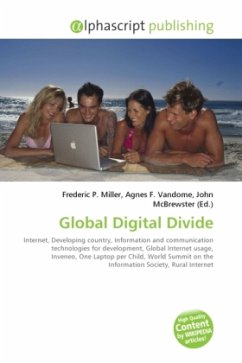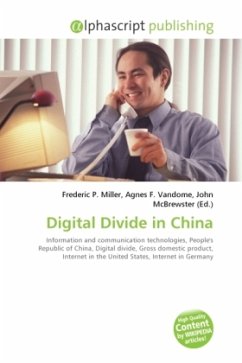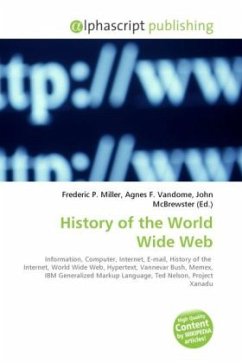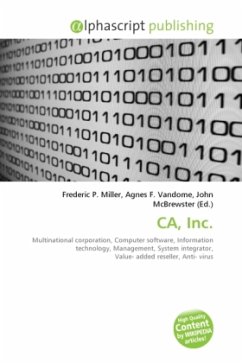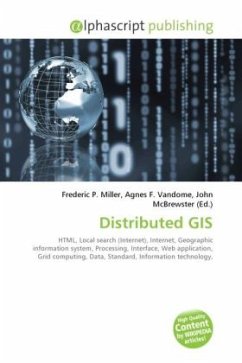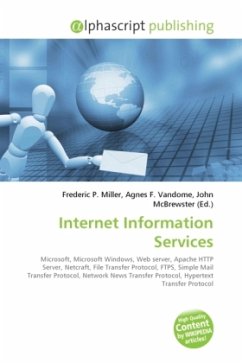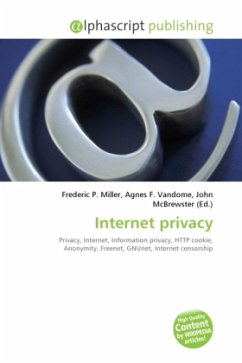In the twenty-first century, the capacity to communicate will almost certainly be a key human right. Eliminating the distinction between the information-rich and information-poor is also critical to eliminating economic and other inequalities between North and South, and to improve the life of all humanity. -Nelson Mandela, TELECOM 95, October 3, 1995 (Wilson, 2004, 1) The global digital divide is a term used to describe great disparities in opportunity to access the Internet and the information and educational/business opportunities tied to this access between developed and developing countries . Unlike the traditional notion of the "digital divide" between social classes, the "global digital divide" is essentially a geographical division. Over 30 years ago, Hans Singer (1970) introduced the concept of international technological dualism, by which he meant essentially unequal developments in the area of science, technology, between rich and poor countries (James, 2004, p. 11-12). Today, the "rapidly growing disparities in the utilization, expenditure, and availability of technology" (Pick & Azari, 2008, p. 91) on a worldwide scale is known as the Global Digital Divide.
Bitte wählen Sie Ihr Anliegen aus.
Rechnungen
Retourenschein anfordern
Bestellstatus
Storno

